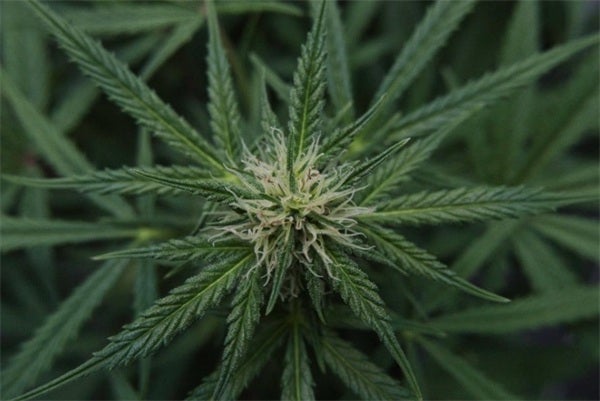Dentists are always searching for better ways to make patients comfortable. Local anesthetics and sedation have long been the gold standard, but conversations about cannabis are now entering dental waiting rooms. Patients are curious about whether cannabinoids could help with pain or even calm anxiety before a procedure.
Much like how people explore concentrates for stronger effects when they buy hash online, interest in cannabis often comes from its reputation for easing discomfort. For dentistry, the question is less about lifestyle and more about whether cannabis has a legitimate place in conversations about pain management and patient care.
Cannabis and the Body’s Pain Response
Cannabis contains cannabinoids such as THC and CBD that interact with the body’s endocannabinoid system. This system helps regulate functions like mood, sleep, and how we process pain. Some studies suggest that these compounds can dampen pain signals or lower inflammation. That link explains why cannabis is often part of the discussion when patients bring up alternatives to standard medications.
For dental care, the appeal is obvious. Toothaches, extractions, and periodontal procedures can create significant discomfort. While anesthesia and prescribed pain relief remain central, understanding how cannabis influences the body can help practitioners address patient questions more confidently.
Anxiety and the Dental Chair
Anxiety often magnifies pain perception. A patient who fears a procedure may experience even mild discomfort as overwhelming. Cannabis has been linked with relaxation in some contexts, and this is one reason it comes up in dental discussions. Patients may ask whether using cannabis before an appointment will calm them down or make a visit more bearable.
Here, dentists need to tread carefully. While cannabis can reduce anxiety for some, it can increase it for others. The effects vary with dosage, strain, and method of use. Dentists who understand this nuance are better equipped to guide patients toward safe choices and discourage self-experimentation before dental treatment.
The Limits of Cannabis as an Anesthetic
It is important to distinguish between cannabis and local anesthesia. Traditional dental anesthetics numb specific nerves so a patient feels no pain during a procedure. Cannabis does not act this way. At best, it may reduce pain perception overall or calm the mind. It cannot replace targeted anesthetics like lidocaine.
This distinction matters because some patients may mistakenly believe cannabis is a direct substitute for injections. Clear communication can prevent misunderstandings and set the right expectations.
Practical Considerations for Dentists
Dentists are not prescribing cannabis, but they will likely hear more about it from patients. Addressing the topic openly and factually is key. A few areas to keep in mind:
- Timing: Using cannabis right before a procedure may affect blood pressure, heart rate, or coordination. That could complicate sedation or healing.
- Interactions: Cannabis might interact with prescribed medications, including pain relievers or sedatives.
- Disclosure: Patients may hesitate to mention cannabis use, but dentists should encourage honest conversations to ensure safe care.
By acknowledging these points, practitioners can keep discussions respectful and evidence-based.
Concentrates and Patient Curiosity
Hash and other concentrates are often stronger than traditional cannabis flower. This raises questions for dentists about potency. A patient who uses concentrates may experience more pronounced effects, which could alter their tolerance for prescribed pain medication or sedation.
The takeaway is not that dentists need to recommend or discourage a particular product, but that they should understand the landscape. Patients who use cannabis regularly will want to know how it interacts with dental treatment, especially in procedures involving anesthesia.
A Balanced Approach
Cannabis may not be a replacement for dental anesthetics, but it has sparked a larger conversation about patient comfort. A balanced approach means recognizing that some patients see it as part of their wellness routine while reminding them that dental care relies on proven tools for pain management.
For dentists, the best course is to listen without judgment, provide clear information, and keep patient safety as the priority. When handled this way, the discussion strengthens trust and helps patients feel supported.

Looking Ahead
Research on cannabis and dentistry is still emerging. More studies are needed to understand its role in managing pain and anxiety in clinical settings. Until then, dentists can remain open-minded but cautious, offering guidance that emphasizes safety and professional care.
As cannabis becomes more mainstream, these conversations will likely become more common. By preparing now, dentists can answer with clarity and empathy, ensuring patients feel heard without blurring the line between professional treatment and personal choice.